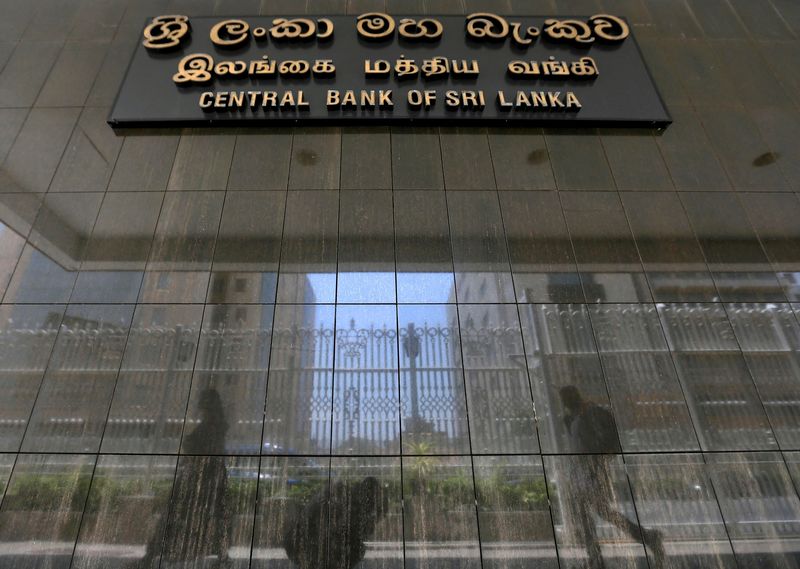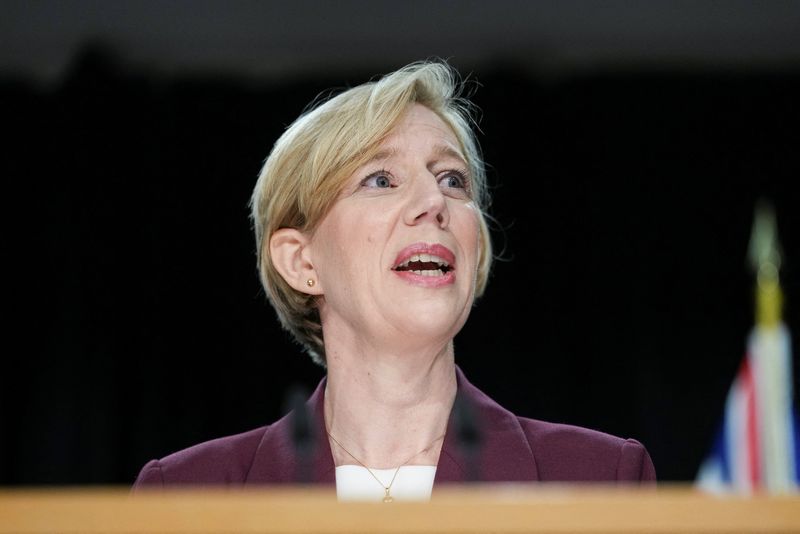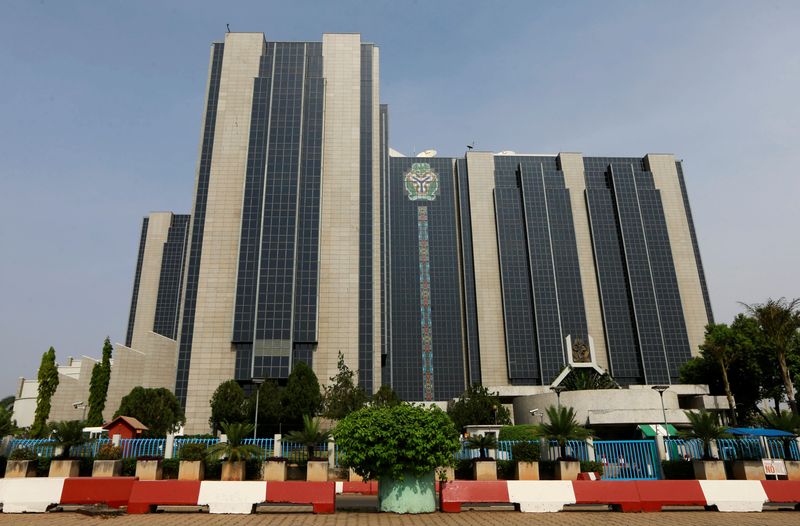Sri Lanka central bank holds rates steady ahead of budget, IMF review
NeutralFinancial Markets

The Sri Lankan central bank has decided to maintain its interest rates as the country prepares for its upcoming budget and an important review by the International Monetary Fund (IMF). This decision reflects the bank's cautious approach to stabilize the economy amidst ongoing challenges. Holding rates steady is significant as it aims to balance inflation control while supporting economic recovery efforts, especially in light of the IMF's scrutiny.
— Curated by the World Pulse Now AI Editorial System
















